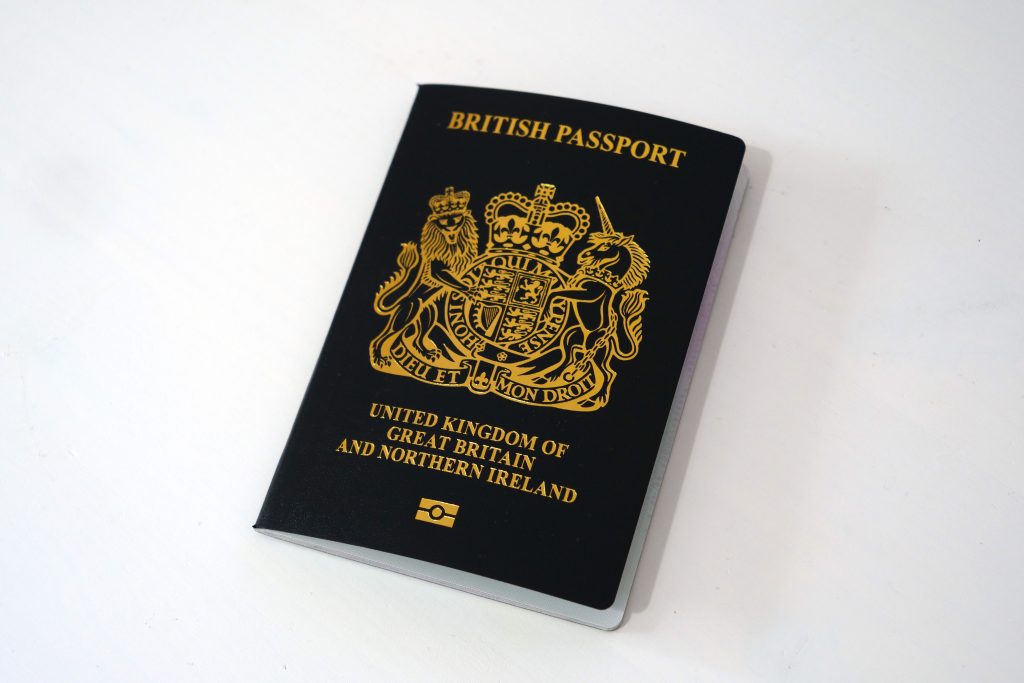
New research from the Home Office has identified that landlords without letting agents are the least likely to understand their legal obligations when onboarding new tenants through the Right to Rent Scheme (RTR).
What is the Right to Rent policy?
The right to rent policy, which has been in place since 2016 requires landlords to check that their tenants have the legal right to rent in the UK before allowing them to move into their property. Failure to comply with the policy can lead to serious consequences, both financial and legal.
When do these checks need to take place?
Right to Rent checks have to be conducted before the tenancy starts. For Tenants who are only allowed to stay in the UK for a limited time, you need to do the check in the 28 days before the start of the tenancy.
How to conduct the check:
Landlords need to check that their tenant’s photograph, name and address match and that the document hasn’t been tampered with. Landlords are responsible for taking copies of these documents and keeping them on file for at least 12 months after the end of the tenancy.
What are the consequences of not checking your tenants right the rent?
If a landlord fails to carry out the necessary checks, they may face a civil penalty of up to £3,000 per tenant. This penalty can be imposed on landlords who rent out a property without carrying out the necessary checks, or who knowingly rent to tenants who do not have the legal right to rent in the UK. In severe cases, this can result in a custodial sentence of up to five years.
Whilst the Right to Rent policies may seem difficult to navigate and have potentially severe consequences, working with a letting agent can provide landlords with the peace of mind that they have followed the correct procedure for ensuring that their tenants are legally allowed to stay in their property, and therefore avoiding potentially large penalties.